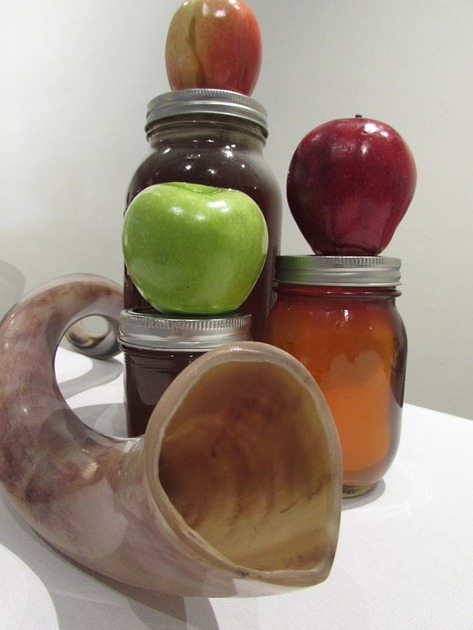
Dear Dr T.
I ‘ve never seen this question in any of our Torah publications, so I hope you will take the time to respond.
With Rosh Hashanah / Yom Kippur approaching, I feel increasingly anxious and tense. It’s not just that I feel aimas hadin; it’s something else entirely. You see, in my family, we take davening very seriously: going to shul from the beginning of shacharis until after ma’ariv is standard. But, today, I am a Mom with two children under the age of three: not only is shul not an option, but even davening is difficult.
Though I understand logically that I do need to be home with my children, I can’t seem to shake the feeling that I am doing something ‘wrong.’
I would appreciate any and all suggestions you might make here.
Dr. T.,
The uncomfortable feeling you experience here is the tension of holding two conflicting thoughts in your mind at the same time. On the one hand, you know how important davening is- especially on yimei hadin; on the other, you understand that your children are your primary responsibility, even on the holiest of days. This kind of conflict where two opposing views exist simultaneously in your mind is called cognitive dissonance.
Cognitive dissonance occurs when a person perceives a logical inconsistency in his beliefs, when one idea implies the opposite of the other. In this situation, you feel that being a good person requires you to do two polar opposites – go to shul and stay home/care for your children. However, the reality is that you can only do one of the two, so, inevitably, you end up feeling guilty and frustrated.
A good part of your dissonance is that either choice threatens your self-concept. You feel like you must choose – be a good mother or go to shul. Whichever decision you make, you will inevitably feel some disappointment because of the choice you failed to take. In short, it feels like a lose-lose situation.
Cognitive dissonance is uncomfortable, and until we have resolved the issue somehow in our heads, we feel unsettled and confused.
Sometimes the tension can be dissolved by changing our thoughts, our cognitions. The story of the fox and the grapes is a good example of this: because the fox cannot reach the grapes, he decides that they are sour. Or, a couple finding the perfect home – but in the wrong neighborhood- to relieve the dissonance may decide that actually the home is too small for their family.
Another way to resolve the tension is by altering our behavior, thereby reducing the dissonance.So, let’s begin by looking at your yom tov possibilities and see if there is any wiggle room.
- Can you find an appropriate child care person – a sibling, relative, neighbor, or friend, who can watch your children for even an hour or two?
- Is there a shul in your area that provides responsible child care? Though this may not be your regular shul, you might find that you are comfortable with the set-up for this yom tov.
- Can you turntake with another young mom with similar age children? This arrangement means harder work in a shorter time period- but leaves time for davening.
You will find that once you have a bit of both worlds, the conflict of the two opposing viewpoints vanishes, and your tension dissipates. There is no need to be anxious when both thoughts fit into your lifestyle and world view.
Sometimes, however, it may be impossible to reduce the tension by modifying our behavior; there simply is no "fix." Instead, we have to examine our choices and determine our best option. In this particular situation, if we cannot accomplish both our goals, we want to consider prioritizing our choices by deciding which is more important than the other.
We can best achieve this by stepping back a bit and developing some perspective. The famous story of Chana provides the context for resolving this question.
The haftorah of rosh hashana talks about Chana, who was childless for many years. When her son [Shmuel Hanavi] was born after her many, many tefilos, she did not go up to Shiloh, to the mishkan, for three years – until she finished weaning her son. Chana of all people knew the value of tefila- but understood even more the responsibility of being a mother.
So, we see that caring for our children trumps even davening on the holiest of days. Children are our responsibility, and for as long as they are dependent on us – our avodah. Though it may not feel very holy to read Clifford ten times or play endless games of Candyland, we need to take strength in the knowledge that we are doing the right thing by meeting our obligation as parents. So, though the image of us in shul – siddur in hand – resonates with our long-time view of ourselves, it is far, far preferable to deal with the responsibility right in front of our eyes – our children.
So, if at all reasonably possible, see if you can accommodate both ideas – davening and parenting. But, if forced to make a choice, take pride in your ability to "‘see straight" and do the less glamorous thing. Not only will you fulfill your responsibility, but you will also be a wonderful role model for your children.
Reprinted from Binah magazine.
 Previous
Previous

